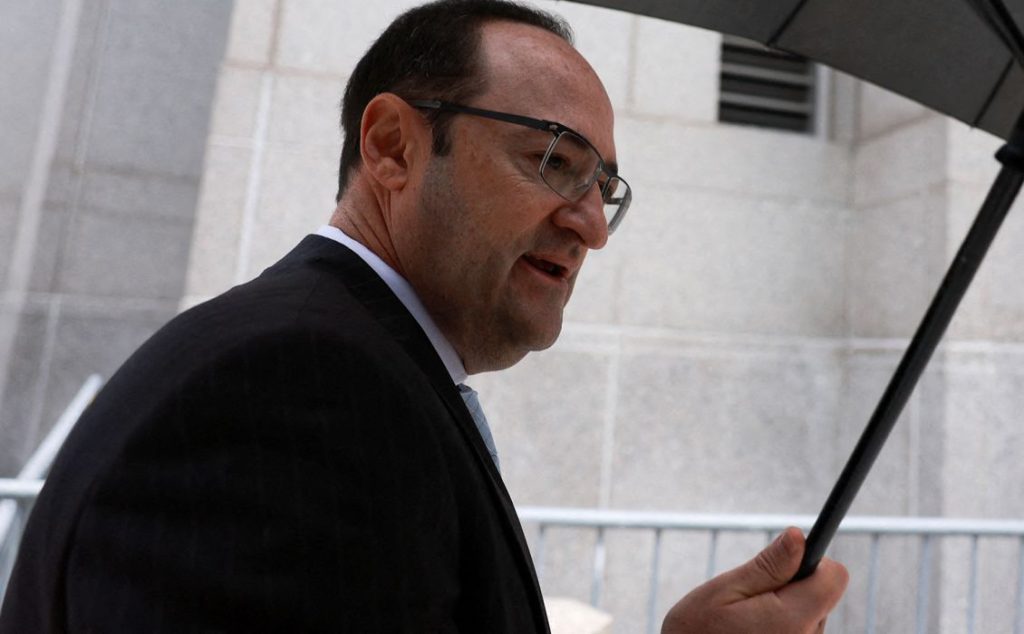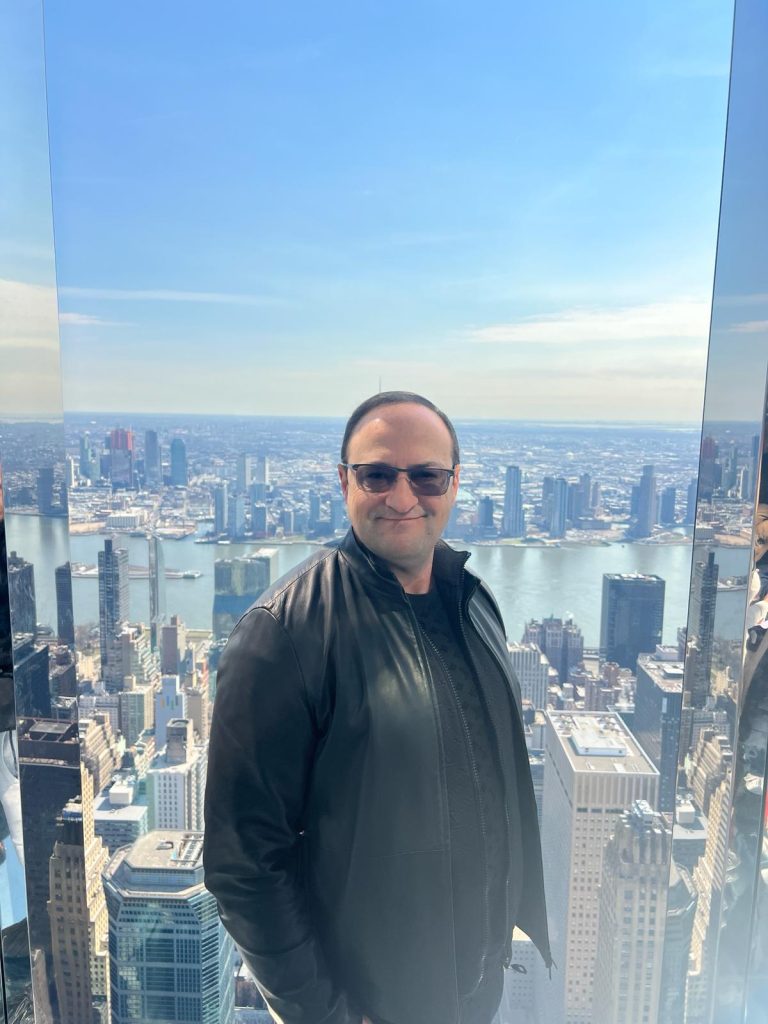
Investing is often mischaracterized as a cold, numbers-driven pursuit—a game of spreadsheets and algorithms where emotion has no place. Yet beneath the surface of every great investment decision lies something far more human: a particular way of seeing the world, processing uncertainty, and maintaining conviction when others waver. The difference between mediocre investors and exceptional ones isn’t merely analytical skill. It’s psychology.
Michael Shvartsman, a seasoned investor with a track record of identifying undervalued opportunities, describes the investor’s mindset as “a paradoxical blend of confidence and humility, the self-assurance to act on your convictions while remaining open to being completely wrong.”
The Contrarian Current.
True investing success rarely comes from following the herd. Markets reward those who see value where others see risk, who recognize potential before it becomes obvious. This requires a willingness to stand apart, not for its own sake, but because independent thinking reveals opportunities crowd psychology obscures.
Consider historical inflection points: the dot-com bust that created bargains in quality tech firms, the 2008 financial crisis that offered entry points for patient investors, or the pandemic-induced market lows that rewarded those who maintained perspective. In each case, emotional discipline mattered as much as financial analysis.
“The hardest investments to make are often the easiest to justify retrospectively,” Michael Shvartsman observes. “By the time an opportunity feels comfortable, the greatest returns have usually passed.”
The Long Game in a Short-Term World.
Modern markets obsess over quarterly results and daily price movements. Yet lasting wealth accumulates through compound growth. A process that demands time and patience. The investor’s mindset embraces this reality, understanding that:
- Volatility is inevitable—Price fluctuations are features of markets, not failures
- Liquidity is a double-edged sword—Easy trading tempts impulsive decisions
- Real value reveals itself gradually—Businesses compound in quiet periods between headlines
Michael Shvartsman notes: “We overestimate what we can achieve in a year and underestimate what’s possible in a decade. The most successful investors structure their process to match this reality—they create decision frameworks that prevent short-term noise from derailing long-term strategy.”
Probability Over Prediction.
Novice investors seek certainty—the perfect stock, the ideal entry point, the flawless thesis. Experienced investors think in probabilities, recognizing that even well-researched decisions carry uncertainty. This probabilistic mindset changes everything:
- Portfolio construction balances conviction with diversification
- Risk management becomes systematic rather than emotional
- Mistakes are anticipated and planned for rather than feared
“Investing isn’t about being right every time,” says Michael Shvartsman. “It’s about being right more often than you’re wrong, and ensuring your wins outweigh your losses. That requires thinking in ranges of outcomes rather than absolutes.”
The Learning Loop.
The investor’s mindset treats every outcome—positive or negative—as feedback. Winning positions are studied to understand what worked beyond mere results. Losing positions are dissected to separate bad decisions from unlucky ones.
This learning orientation manifests in specific habits:
- Maintaining detailed investment journals
- Revisiting theses as new information emerges
- Seeking perspectives that challenge rather than confirm biases
“The market is the ultimate teacher,” Michael Shvartsman reflects. “But it only educates those willing to listen. Many investors keep making the same mistakes because they focus on justifying past decisions rather than improving future ones.”
Temperament as Edge.
In an era where algorithms execute trades in milliseconds and information disseminates instantly, human temperament remains a durable advantage. The ability to:
- Remain calm during market panics
- Resist chasing fashionable assets
- Admit when circumstances have changed
Michael Shvartsman describes this as “the intersection of patience and decisiveness knowing when to wait and when to act. That timing can’t be programmed; it develops through experience and self-awareness.”
The Evolving Mindset.
As markets change, so must investors. The strategies that worked in previous decades may falter in new environments. Maintaining relevance requires:
- Studying economic history without being bound by it
- Adapting to new valuation paradigms
- Recognizing when old metrics lose meaning
“The investor’s mindset isn’t static,” Michael Shvartsman concludes. “It’s a living approach that balances timeless principles with awareness of present realities. Those who master this balance don’t just preserve wealth. They compound it across generations.”

Developing the right mindset matters more than finding the next hot stock. It’s the foundation upon which all other skills build, the invisible architecture of lasting outperformance.
